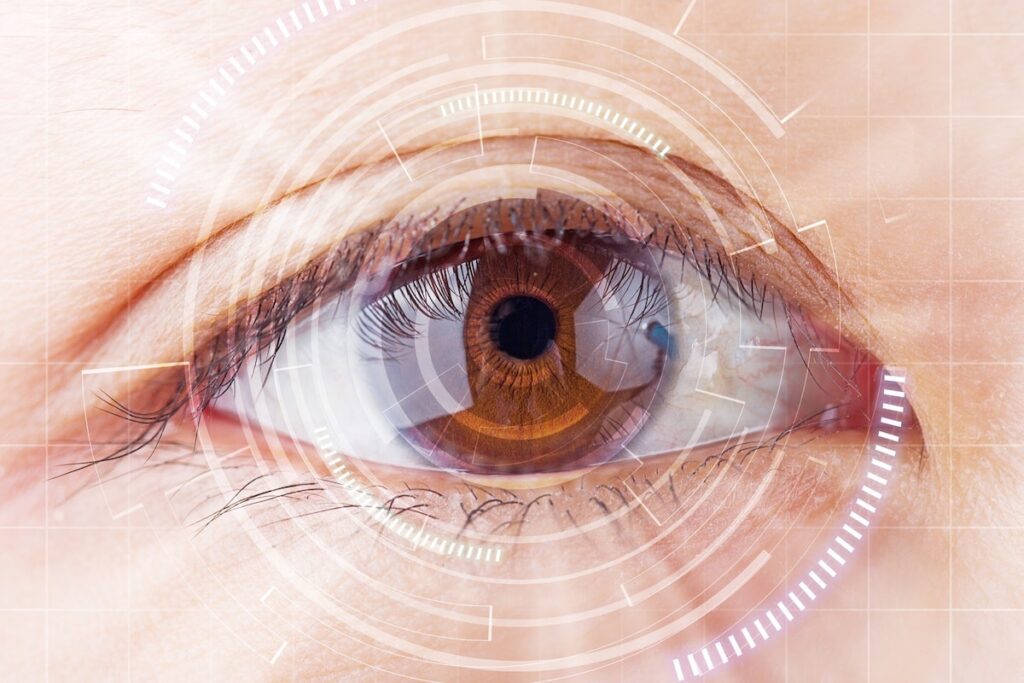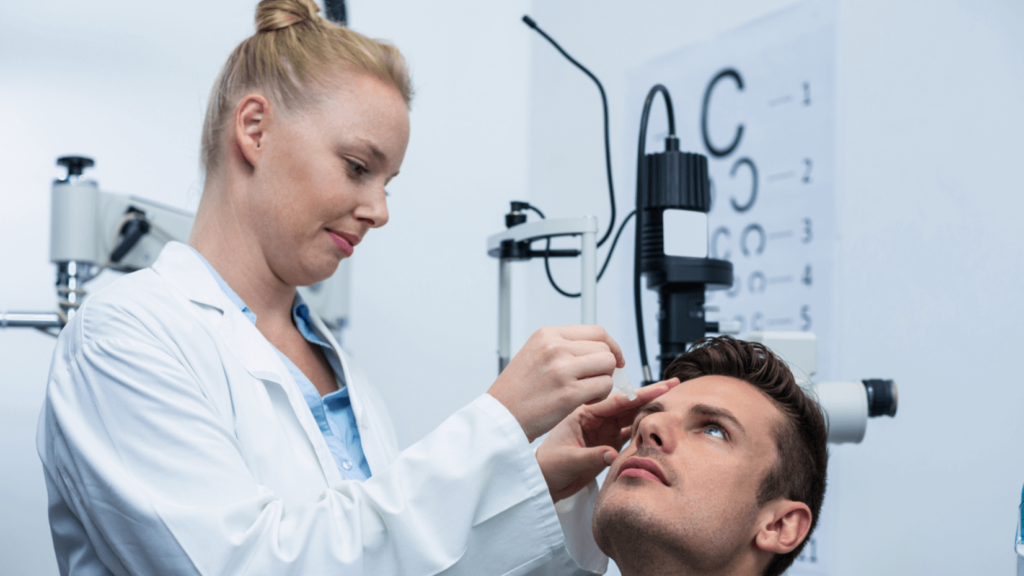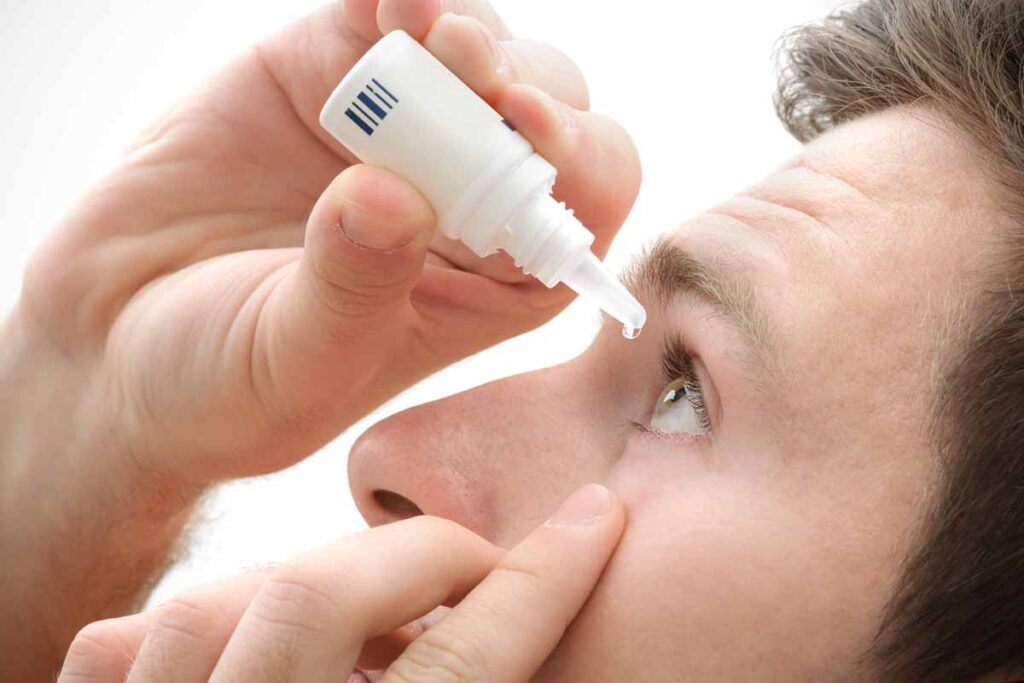Along with your cataract surgery preparations, there are a few things you should avoid in the days leading up to your procedure:
- Because cataract surgery requires slicing the lens, some little bleeding may occur. While this is usually not a concern, your ophthalmologist may advise you to stop taking aspirin or anti-clotting drugs before your procedure for your own safety. Having said that, you should always consult with the doctor who prescribed your medications before stopping them.
- For at least three days before to surgery, you should avoid using contact lenses and instead opt for glasses. Contact lenses may irritate your eyes, which might cause cataract surgery sydney to be delayed or obstructed.
- In addition to your 12-hour fast before cataract surgery, you should avoid from drinking alcoholic beverages such as wine, whiskey, or beer for at least 24 hours before your cataract surgery.

Is Brushing Your Teeth Allowed Before Cataract Surgery?
Brushing your teeth before cataract surgery is OK. If you’ve been told to fast before surgery, drink as little water as possible and don’t drink anything while you’re brushing your teeth or just thereafter. Click here for more cataract recovery tips.
What Are the Proper Cataract Surgery Clothes?
While you are free to dress whichever you like for your cataract surgery, we recommend that you wear clean, comfortable, and loose-fitting clothing. Because the fluid used to wash out the cataract may sometimes flow down and soak your clothing, wearing a button-up shirt may be advantageous. Given this, it’s a good idea to have an additional shirt in case you need to change after the surgery. Learn more to get the full benefits of cataract surgery.
My top five recommendations for a quick recovery after cataract surgery
You should read this article if you want to recover rapidly after cataract surgery. In it, I provide my top five suggestions for helping my cataract surgery patients recuperate as rapidly as possible. The following are some of them:
1. Don’t become nervous before or during cataract surgery.
2. Know which drops to use when and when not to use them.
3. After cataract surgery, expect a gritty feeling in your eye.
4. Take part in enjoyable activities in the weeks after cataract surgery.
5. Make your follow-up visits at the same time as your cataract surgery.

Keep your cool!
Cataract surgery is almost often done on one eye at a time. Individuals with one eye may still function rather well, and you are not need to take your drops at home for the whole four weeks after surgery. Your vision will gradually improve, and you will notice a difference in the clarity and richness of the colors around you. When it comes to having their second eye operated on, I often find that people are much more relaxed. At this point, they know what to expect, and it’s never as bad as you imagine.
Know which drops you’ll need following cataract surgery (and when you’ll need them).
If you’re still unclear about which drops to take or how frequently to take them, don’t be afraid to ask the surgical team at the hospital. Patients with conventional cataracts and no other eye ailments, as well as those with severe glaucoma and other serious eye diseases, are candidates for cataract surgery.
Each situation necessitates its own set of advice and instructions, so you won’t be expected to ask a “weird question” or just know what to do. It is a good idea to have the instructions written down and provided to you face to face before you leave the hospital. Please seek clarification if you are unsure or perplexed. As a surgeon, I’d prefer you were thoroughly informed about the drops than worried at home because of some ambiguity or cause for fear.
After cataract surgery, expect a gritty feeling in your eye.
Despite the fact that current cataract surgery is incredibly technologically advanced and skilled, it is still an operation, and you may feel eye pain. For many days following surgery, it is common for the eye to feel gritty, as if it were sanded. To help you through the first few days, use the drops as indicated and, if required, paracetamol or your normal medications. Avoid comparing how your eyes feel after cataract surgery to those of other friends or family members who have had the same procedure.

Following cataract surgery, each of us recovers in our own unique way. Even within the same patient, the first and second eyes’ experiences may differ in the days after surgery. We don’t expect you to experience any major eye irritation or edema, but if you do, please notify your doctor right once.
Take part in enjoyable activities in the weeks after cataract surgery.
There are just a handful absolute no-nos after cataract surgery. To reduce the risk of infection, most surgeons recommend avoiding swimming for three to four weeks following surgery. We don’t mean you have to stay at home alone with your ideas. During the weeks after cataract surgery, it is acceptable to indulge in leisure activities.
These activities are perfectly safe as long as they do not interfere with your ability to place your drops. “When can I drive?” I’m often asked, and the official answer is “as soon as you can read a number plate at a safe distance and are certain that the operated eye does not interfere with the other eye.” The DVLA does not specify a timetable and instead depends on people to be cautious and follow the normal vision requirements for driving a car.
Conclusion
If you have cataracts, surgery is the only way to safely remove them from your eye. For people who have decreased vision acuity due to cataracts, cataract surgery is a safe and effective choice. Knowing what to do (and what not to do) to prepare for surgery will help you have the best experience possible. It’s also crucial to know what to do and what not to do following cataract surgery. Visit our blog for more information.
More to read: Note the pros and cons of cataract surgery
